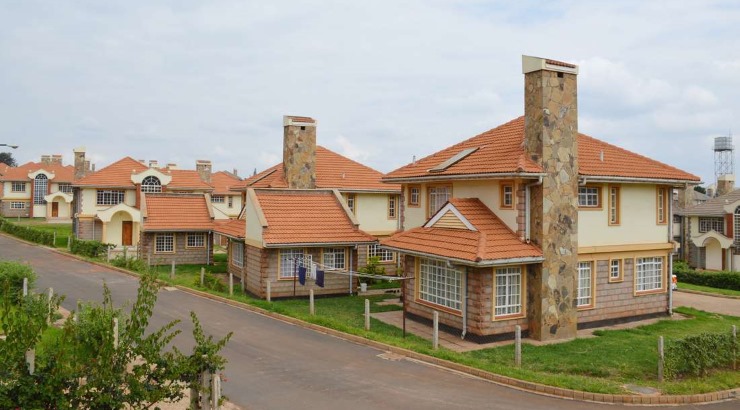The last 20 years of real estate boom in East Africa has changed our building landscape and inventory, as it quite rightly should have done.
Our starting point was a region that was short of every kind of building, from housing, to shops, through offices, warehouses, hotels, and even student hostels. In all, we faced a real estate landscape that was cripplingly underinvested. And we invested.
Choosing which type of investment barely mattered. Every type of property sold fast. Developments got snatched up even before the building bricks were laid, simply because the market had little to offer.
Click here to watch weekly episodes of Housing Development Programme on AIT
We are no longer in that situation. But confusing our sector’s move to maturity with the end of real estate investment opportunities is a mistake.
For, in our first years of heavy real estate investment, we concentrated primarily in high-end assets, because we all believed they delivered higher margins and higher returns. In fact, that is no longer the case, and may never have been the case. But, nonetheless, when we were short of everything, we began with expensive buildings.
We built estates of detached houses and town houses, high end rental apartments, shopping malls, often huge ones, and towering office blocks.
Until in some areas, and for the high-end market, we began to reach market saturation. As a result, an investor is now putting up Sh100m worth of penthouses, unless they are building for a specific unmet need, would be lucky to fill it in four years.
Yet only a tiny proportion of Kenyans live in high-end neighbourhoods. When we look at the needs of the country’s working classes, market researchers have reported demand for two million units. Of this, over two thirds are for earners who can afford rent of Sh18,000 to Sh50,000 a month.
 Today, I cannot easily pinpoint any stock that is coming to the market for this segment, certainly not to the scale that responds to this opportunity. Instead, investment in this type of property has been left to unsophisticated investors, in what is largely a landlord market delivering developments found in the more densely populated Nairobi estates.
Today, I cannot easily pinpoint any stock that is coming to the market for this segment, certainly not to the scale that responds to this opportunity. Instead, investment in this type of property has been left to unsophisticated investors, in what is largely a landlord market delivering developments found in the more densely populated Nairobi estates.
However, a huge opportunity exists for a better quality of real estate in this segment. Moreover, while the perception that rental yields in high- end areas are higher has driven investors and developers to areas such as Kilimani and Lavington, research has shown that yields are actually higher in the mid-market areas.
For instance, the average rental yields in 2016 in the mid-market were 6.5 per cent, compared with 6.3 per cent for high-end apartments. That premium in the mid-market has continued. In 2018, mid-market rental yields ran at 5.4 per cent, compared to high-end yields at 5.3 per cent.
Such estates offer almost the same amenities as homes in Kilimani, across modern, 24-hour security systems with professional security personnel, ample parking space, borehole water to cover for water shortages, and maintenance services, but at far lower rents.
Similarly, for developers building commercial properties such as stalls or retail centres, as opposed to large malls, occupancy will never be their biggest challenge as they attract SMEs and private businesses dealing with the routine needs of Kenyan consumers.
In sum, the investment opportunities in real estate remain enormous. But now it is the turn of the working classes. And the returns are just as high for investors.
 It’s a challenge we welcome, with the region’s annual investor conference, the East Africa Property Investment summit, set to be the largest yet and a key platform for developing real estate policy and white papers for government.
It’s a challenge we welcome, with the region’s annual investor conference, the East Africa Property Investment summit, set to be the largest yet and a key platform for developing real estate policy and white papers for government.
In this, our own compass is clearly set. We do not face a depressed real estate industry. We face the next opportunity, and it is far larger than the last one.
Source: businesspost.ng




